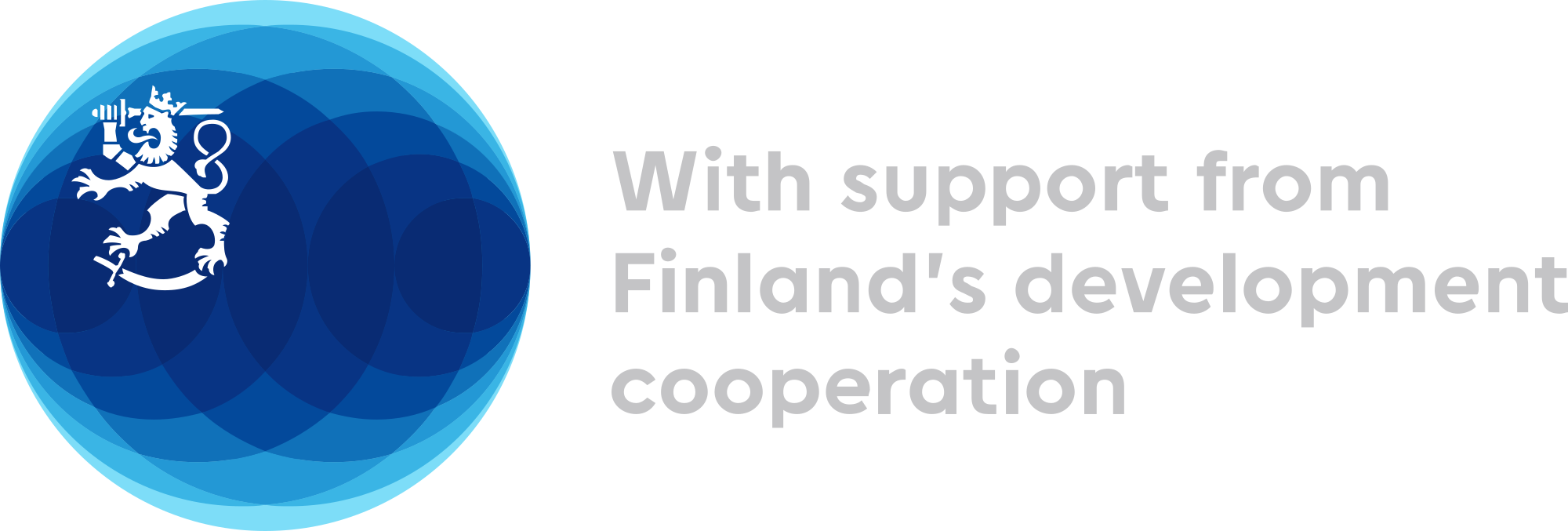Reading and Spelling Development Across Languages Varying in Orthographic Consistency: Do Their Paths Cross?
This study examined the cross-lagged relations between reading and spelling in five alphabetic orthographies varying in consistency (English, French, Dutch, German, Greek). The relations across languages were unidirectional: earlier reading predicted subsequent spelling. Also, significant differences between languages in terms of the strength of the effects of earlier reading on subsequent spelling were found.
Authors: George K. Georgiou, Karin Landerl, George Manolitsis, Minna Torppa, Alain Desrochers, Peter F. de Jong & Rauno Parrila
Source: Georgiou, G.K., Landerl, K., Manolitsis, G., Torppa, M., Desrochers, A., de Jong, P.F. & Parrila, R. (2020). Reading and spelling development across languages varying in orthographic consistency: Do their paths cross? Child Development, 91(2), e266-e279, DOI: 10.1111/cdev.13218
This study examined the cross-lagged relations between reading and spelling in five alphabetic orthographies varying in consistency (English, French, Dutch, German, Greek). Nine hundred and forty-one children were followed from grade 1 to grade 2 and were tested on word and pseudoword reading fluency and on spelling to dictation. The relations across languages were unidirectional: earlier reading predicted subsequent spelling. Also, significant differences between languages in terms of the strength of the effects of earlier reading on subsequent spelling were found.
- There is little doubt that reading and spelling are interrelated skills relying on similar linguistic skills, such as letter knowledge, phonological awareness, orthographic knowledge and morphological awareness.
- However, the direction of impact and whether the direction changes over time is not known.
- The purpose of this study was to examine the cross-lagged relations between reading and spelling in five languages varying in orthographic consistency (English, French, Dutch, German and Greek).
Two competing hypotheses regarding the developmental relations between reading and spelling
- Reading and spelling take turns in influencing each other in distinct phases of literacy development (Frith, 1985).
- Reading and spelling have a reciprocal relationship, and learners’ progression through the different phases of reading and spelling acquisition occurs simultaneously (Ehri, 1995).
The study
The present study examines the cross-lagged relations between reading and spelling from the end of grade 1 to the end of grade 2 across a wide range of alphabetic orthographies that were purposefully selected to vary in consistency.
Research questions
- How is the development of children’s reading ability associated with that of spelling?
- Does orthographic consistency influence the relations between reading and spelling?
The participants were 941 children who were followed from the end of grade 1 until the end of grade 2. English speaking (n = 170) and French speaking (n = 254) children from Canada, 113 Dutch speakers from the Netherlands, 175 German speakers from Austria and 229 Greek speakers from Greece were recruited.
Findings
- The models fitted the data well in each language: reading was highly stable, and there were stronger cross-lagged path estimates from reading to spelling than for the other way around in all languages.
- The stability estimates of reading were similar across languages, but there were significant differences between languages in terms of spelling stability as well as in the cross-lagged paths and in the grade 1 correlation between reading and spelling.
- Reading predicted later spelling in all languages, but the strength of the paths varied in different languages.
Implications
- The results support Frith’s hypothesis that there are unidirectional relations between reading and spelling, and that reading skills predict later spelling skills.
- This suggests that, at least among alphabetic orthographies and once children have mastered some basic decoding skills, any differences between languages do not impact the direction of the effects but may impact the strength of the effects.
- The findings suggest that orthographic learning at this point in literacy development is driven by implicit learning from decoding and exposure, rather than by explicit learning from spelling.
















